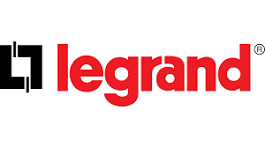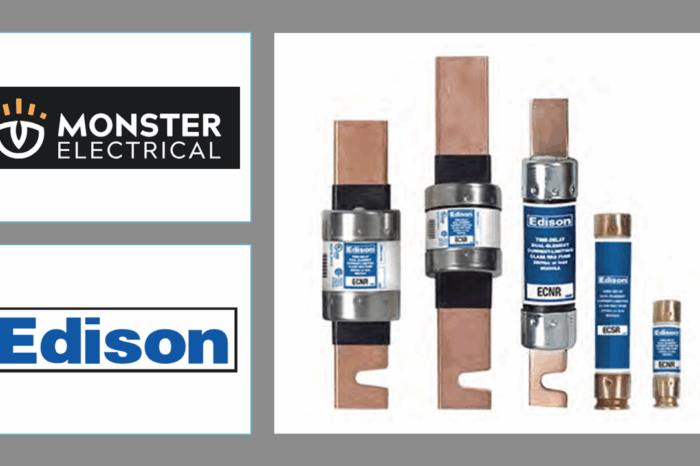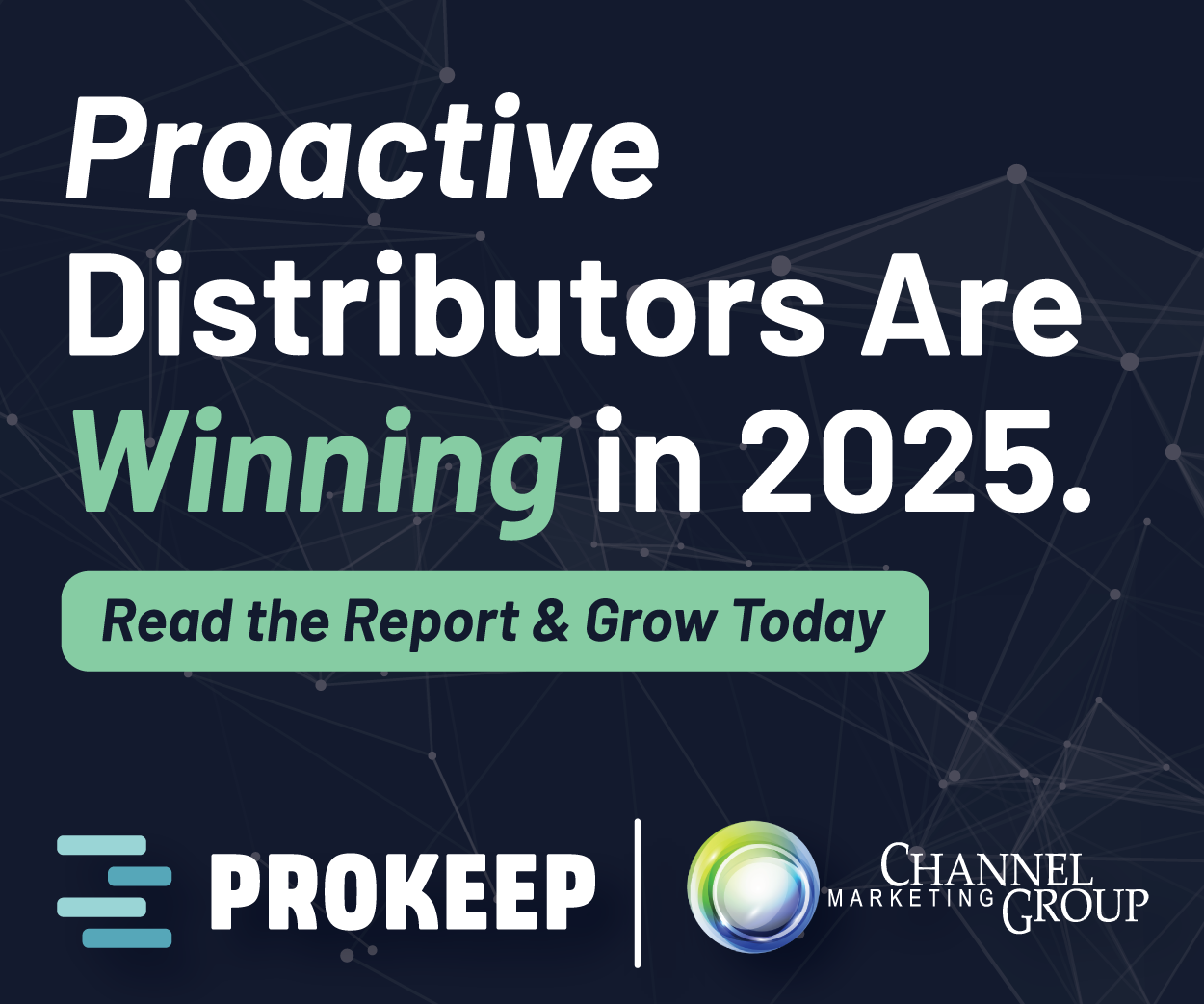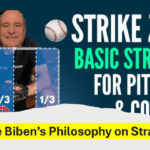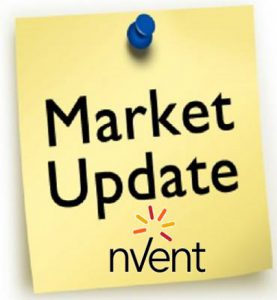Accepting Fate and Throwing Strikes … Lessons on Strategy
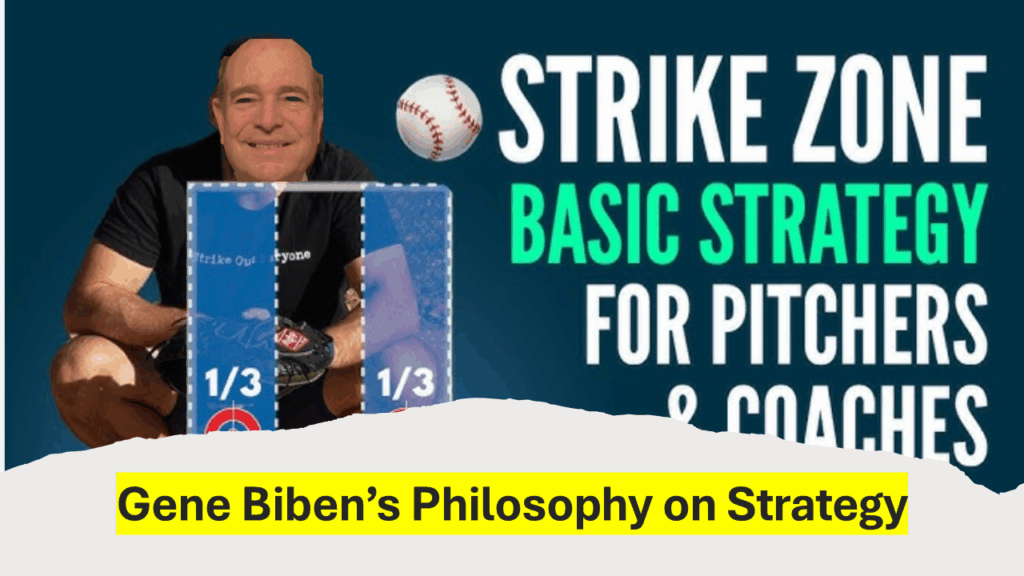 In 1913 Henry Ford utilized a new system of manufacturing for mass production referred to as the assembly line, enabling him to lower costs while significantly increasing production. Although no unions at that time existed in the automotive industry, workers were very upset at the changes and how it would adversely affect their lives and incomes. Instead, the changes grew sales while increasing both production and the size of the workforce at Ford.
In 1913 Henry Ford utilized a new system of manufacturing for mass production referred to as the assembly line, enabling him to lower costs while significantly increasing production. Although no unions at that time existed in the automotive industry, workers were very upset at the changes and how it would adversely affect their lives and incomes. Instead, the changes grew sales while increasing both production and the size of the workforce at Ford.
In Philadelphia, when I started in this industry over 50 years ago, there were four large industrial distributors to serve a sizeable industrial base. Each did well over 70% of their total business in the industrial market with one proudly stating they were 100% industrial. The industrial base consisted of oil, ship building, paper products, airplane and train manufacturing, food processing, government purchasing and later nuclear construction. The vast majority of the industrial business left the area for less expensive labor, lower utility costs and tax benefits offered elsewhere. How would those four distributors survive?
One maintained their 100% industrial focused and has now closed down. Another focused on the retail national construction / lighting market by packaging products each would require electrically regardless of where the branch might be located nationally (they were serving the national account market.) They have since sold to an international distributor anxious to capitalize on the customers and method of doing business developed. The third added to a construction division that began to grow as they hired construction salespeople who had the relationships and knowledge of what was needed to be successful while maintaining their industrial division. They were sold a few years ago to a larger regional distributorship. The last completely remade their focus to servicing the construction industry and their ability to stock and deliver products to job sites on-time and when needed by adding various service capabilities. warehousing and marketing expertise. They remain an independent, family-owned, business.
In 1978 Home Depot opened its first location in Philadelphia. When one opened just a ½ mile from one of the electrical supply houses, the 2nd oldest in Philadelphia, it did not take the owner long to recognize his business model would need to change or he would need to close as he could not meet the pricing or availability of product. He changed into a lighting showroom for higher end designers and people moving back into the city that could afford, and wanted, the more upscale fixtures rather than the smaller residential electrical products his grandfather, father and he had built their business. Thirty years later he is both successful and happy with the decision he chose. Many distributors chose to fight the manufacturers they had stocked that were selling these new competitors, but they soon found that strategy would be unsuccessful. Other distributors changed their hours, days of operation, accepted credit cards and learned what their customers found to be Home Depot’s effective strategies.
Similarly threats by Amazon and their competitors brought like reactions and emotions. In this case we know of electrical distributors actually selling successfully to Amazon, given their demands and the promise of same or next day deliveries to their customers. Many distributors have closed their lighting showrooms citing customers come in and take the time of their specialists only to take manufacturer part numbers and order from Amazon or the manufacturer directly. One told me he now charges for his specialists’ time to sit with customers and review all the possibilities for lighting. The charge is credited to the customer upon the invoice when they order from him.
Arthur Blank, the founder of Home Depot in his book, “Good Company” gave credit to the Erlbaum family of Philadelphia for the concept he chose and grew strategically. His comment that Gary Erlbaum, while a junior in college, founded a company that serviced the homeowner and builder with all the products needed in the home, when he founded Panorama and later Mr. Goodbuys with his brother Steve, a high school friend of mine. Blank did not come up with the concept, but he certainly built upon it. (Ken Langone credits Gary for getting him into the building materials business.)
As a pitcher in college, my coach was teaching two of us the strategy of pitching. He asked us who the strike zone benefited. The pitcher or the hitter? I had never thought of it before, but he instructed us that it protected the hitter, or pitchers could throw anywhere, and the hitter would not be able to make contact. Why throw strikes to a hitter who is swinging outside of the zone? Understand the hitter, what he does well and where he has difficulty being successful. Know what he likes to hit, and in what areas, and then identify where he likely will not be able to make good contact and go after him with pitches, he has difficulty hitting. Isn’t that a strategy many use in our business environment?
Understand your customers and competitors. Give your customers as much as you can that your competitors do well; improve and focus your efforts on those areas of weakness from them. Our industry is so filled with quality people that truly want to help each of us to success. This is where your channel partners as well as your industry network can help. Occasionally industry associations share ideas, and their meetings can provide an environment to network. NEMRA helped me. AD can help independent distributors. Maybe manufacturers have a network themselves, but they can get input from their reps and distributors. (and yes, consultants like Channel Marketing Group can help.)
As a pitcher I certainly could NOT throw the ball 90 miles an hour, as others could. Knowing that, it was my understanding of batters and developing strategies within my capabilities that would determine my success.
Now you know why I am not a pitcher!
What do you think?
If you are interested in learning more about how Channel Marketing Group can assist you on strategy, or perhaps have interest in developing / joining a networking group, reach out to David Gordon or myself.



